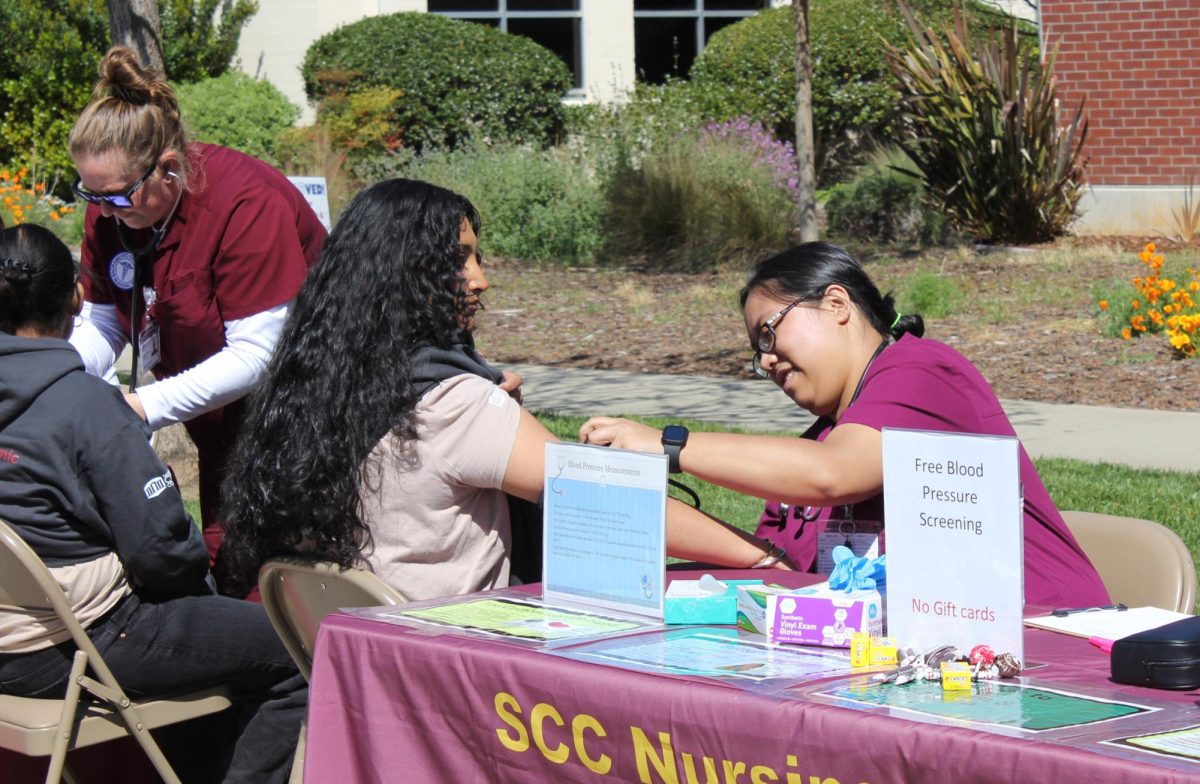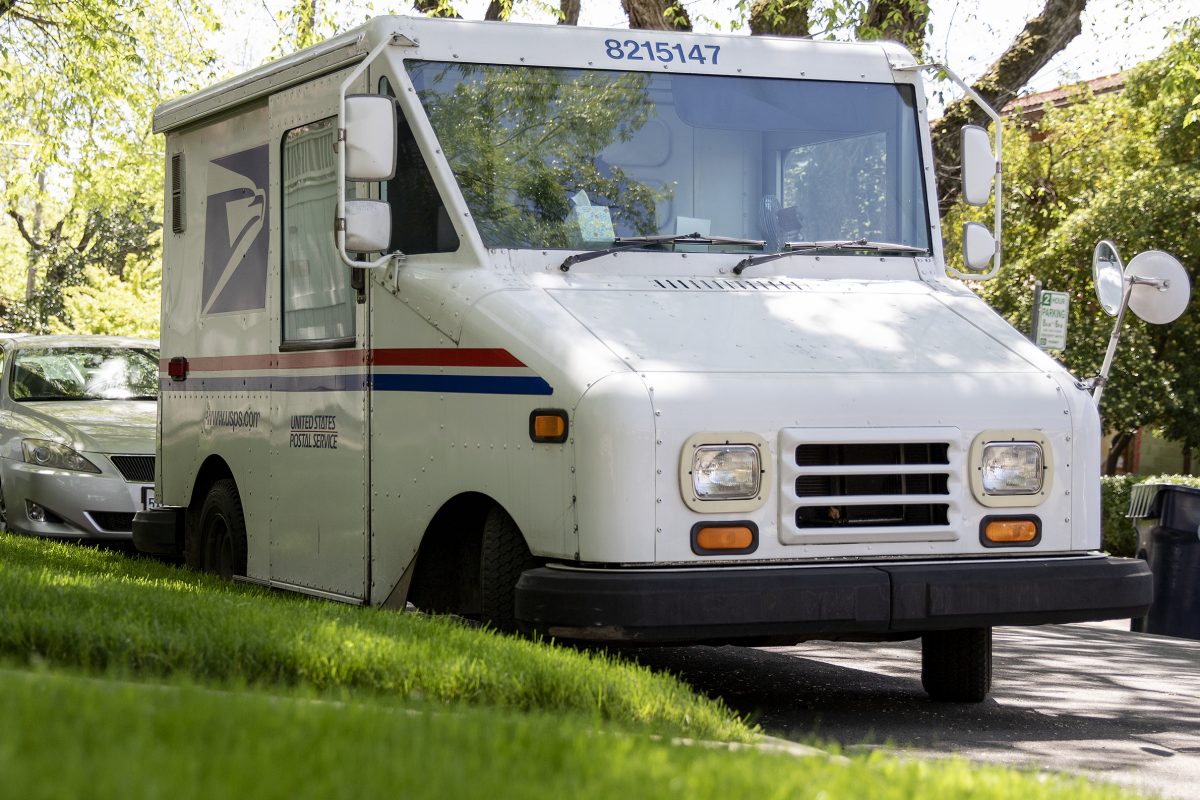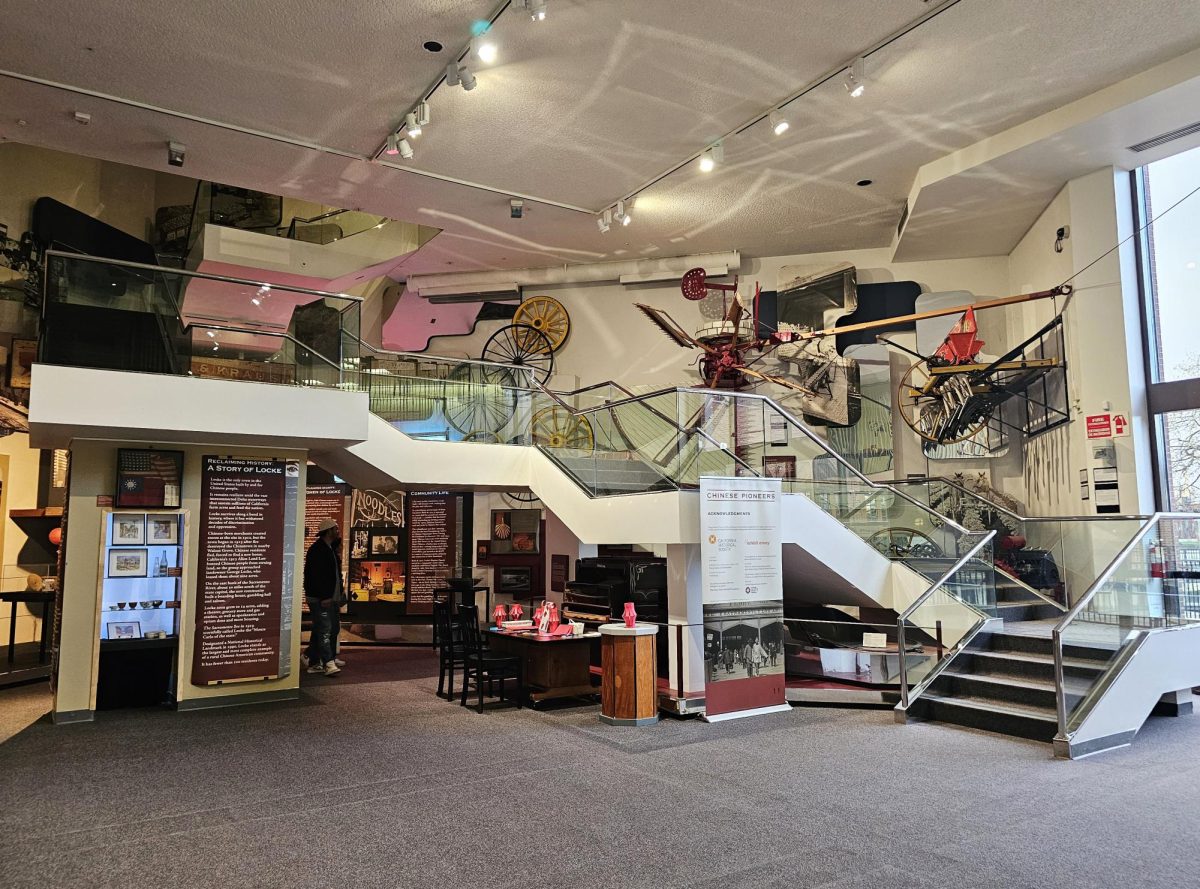I was working at a Sacramento restaurant March 15 when Gov. Gavin Newsom announced that all bars and nightclubs had to close and that restaurants must operate at half the capacity to try to prevent the spread of COVID-19.
The owner of the restaurant where I work spoke to the managers and head chef about the announcement, and afterward, the managers broke the news to the staff. The manager had servers and bussers come to the back of the house, and the chef gave us a pep talk about how the closure might be a good thing because it would give us more time to focus on our tables since we would be reducing by half the number of guests allowed in the restaurant.
Eight days after COVID-19 was declared a pandemic March 11 by the World Health Organization, Newsom called for a statewide closure of dine-in restaurants. My managers kept in touch with the staff by sending constant updates, telling us that we hadn’t lost our jobs and that we’re basically on furlough.
I had applied for a second job as a package handler before the spring semester started to help pay for school. As a package handler at a major shipping company working a sunrise shift that starts at 4 a.m., I’m considered an essential worker. When the shelter-in-place order was announced, that employer sent me a text message stating, “We’re open for business.”
My job is essential due to the crucial role the company plays in delivering items such as medical supplies and medicines. Now that I’m not working two jobs seven days a week and going to school full time, I’m working more hours at the warehouse. Still, as someone who has been deemed an essential worker as a package handler and risking exposure to COVID-19, I believe that my colleagues and I should have been provided with personal protective equipment from the beginning of the quarantine order. In California, that came March 19.
All essential workers in the package handling business need to be protected during this pandemic. It is not hyperbole to say that we are risking our lives going to work every day and lifting boxes that have traveled from literally around the world. We touch thousands of boxes daily, which have been handled by multiple people in cities that might be particularly affected by COVID-19. Co-workers could’ve brought in the virus unknowingly and infected the entire warehouse. We have equipment in the warehouse that we use to tag boxes and those items aren’t sanitized on a regular basis.
On April 1 my company started to compensate their workers with a $2 an hour temporary pay raise. The warehouse finally provided masks and gloves April 10 to those who wanted them, 23 days after the quarantine order was given in California. Now we have masks and clear vinyl gloves at different stations where we clock in for work. Still, I wonder why it took more than three weeks for the company to provide protection for the package handlers. Were they always trying to get these items that are in such short supply? Was it a delayed corporate decision to supply these items? I asked a supervisor these questions, and he told me when the shelter-in-place went into effect, they ordered gloves and masks that arrived April 10. I went to HR looking for more answers and was told they couldn’t disclose that information.
In a March 6 memo, the U.S. Postal Service offered surgical masks to employees “upon request,” but it, too, took time to install plexiglass shields between workers and customers in some locations, as well as, offer PPE to postal workers, some of whom have gotten sick with the virus.
According to an April 6 article in VICE, a worker from one of FedEx’s distribution centers in Wisconsin said, “All basic benchmarks for helping slow the spread of COVID-19 have not been made. No one has been receiving basic sanitary protections like work-issued gloves or masks, they say. And no one is able to stay 6 feet apart. There were only one or two bottles of hand sanitizer provided for the whole facility.”
FedEx CEO Frederick W. Smith said March 22 on Face the Nation, “We have massive efforts underway in all of our facilities to try to socially distance folks and their workstations. We’re providing gloves and all kinds of antiseptic swabs and things of that nature.”
The website of the shipping company where I work says it is taking all the necessary steps to protect customers and team members. It says it is educating team members with regular communications about COVID-19 and the importance of keeping the workplace clean, washing hands frequently and to stay home if we develop symptoms. But before the PPE arrived, how were we supposed to frequently wash our hands when standing right next to each other handling packages in the backs of trailer trucks? The warehouse put up a sign saying that we should practice social distancing at work by standing 6 feet apart, that we should lift a box together and then separate after. But the reality is that’s not happening as we load and unload trucks. The warehouse is massive, but there are only two bathrooms (that I know of) where we can wash our hands. And, realistically, how often can we do that?
On March 29 I noticed that my workplace had posted an infographic from the World Health Organization in its restrooms with instructions about how to properly wash hands. They also added a foot-operated door opener in the bathroom to help us avoid germs. They’re slowly trying to adapt to the pandemic weeks after the shelter-in-place order was announced. A week later they put a bunch of papers on a table with information regarding the company’s plans for the pandemic. It all boiled down to, “Stay home if you’re feeling sick, and don’t come to work.”
According to the Los Angeles Times, employees at six Amazon facilities in Southern California have tested positive for COVID-19. The company began doing temperature checks March 29 at select sites around the U.S. to ensure employees are not running fevers when they arrive at work, according to the Amazon website. The company I work for hasn’t done that. According to The New York Times, more than 30 employees of UPS, FedEx and XPO said in interviews and emails that they were worried that their warehouses and trucks had become breeding grounds for the virus.
Some warehouse workers said in the article that supervisors had rejected them when they pleaded for bleach, masks, gloves and a ready supply of hand sanitizer. In some facilities, even hand soap and paper towels are scarce, employees reported. My best friend works for the same company as I do, but at a different location, and he said he and his coworkers haven’t been supplied with gloves or masks.
As of April 13, there are roughly a million cases of the coronavirus worldwide. Every time I come to work, I see fewer co-workers because they don’t want to work under these conditions. My manager told me recently that we used to have 150 people working the sunrise shift, but now they have about 120 due to people calling out sick. I asked her if more people are choosing not to work because of COVID-19, and she said, “Yes, there have been a lot of call-outs, but they have a valid excuse. We tell them to stay home if they’re having symptoms. Thankfully, no one has reported having the coronavirus.”
We usually have about 10 to 12 people working on one part of the unloading side of the warehouse; on April 11, we had six. Because of that shortage, everyone in every part of the warehouse came to help unload trucks and scan packages. Our head manager and even a woman who works in HR came from behind the desk to help unload trucks. I think that fewer people will show up for work in the coming weeks because of the risks they are taking for the job they’re doing.
All companies in the shipping industry need to issue protective gear to workers who help keep these multi-million or billion-dollar companies afloat. There are people working in these facilities who are getting sick with the coronavirus. There could potentially be people bringing the virus home with them after being exposed to thousands of boxes and potentially passing that on to customers. Drivers are not getting the protection they need as they deliver packages in places with large numbers of people testing positive for COVID-19.
If my colleagues and I are essential workers, then treat us as such and help protect us—and the customers we serve—in the best ways possible.

































